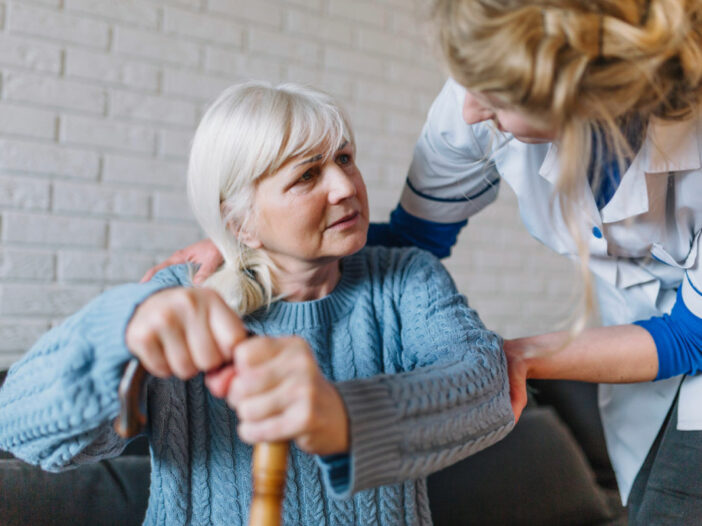
A nursing home is supposed to provide care and attention for loved ones. Unfortunately, occurrences of abuse and neglect can happen in these care facilities as well. Recognizing the various signs of nursing home abuse is crucial to putting an end to the issue. A nursing home abuse lawyer will also work to address these signs of physical abuse and to make sure that you or the patient receive the legal help that they deserve.
Signs of Nursing Home Abuse
Being aware of the signs of abuse and neglect can help in identifying if a loved one may be experiencing harmful treatment. Common signs include sudden changes in behavior, unexplained injuries, and a fear of being left alone. It is also essential to stay vigilant to help you notice any abuse in a nursing home.
Unexplained Nursing Home Injuries
One of nursing homes’ most significant red flags is if an injury occurs without a clear explanation or seems to be covered up by staff. Residents might not always communicate their experiences due to fear. You should always look for physical abuse signs. Keeping a photo log of ongoing injuries can be an effective way to track any patterns of nursing abuse.
Bruising
Any bruising in seniors can be a frequent sign of physical mishandling. While some may bruise more quickly due to age, bruises in unusual places such as the wrists, neck, or torso should raise concerns about possible restraint or rough handling. Unexplained bruising should always be followed up with questions to staff and further investigated if not satisfactorily explained.
Cuts and Abrasions
Unexpected cuts and abrasions can indicate rough treatment or a lack of proper care and supervision. These injuries can be dangerous as they risk infection, especially in older adults. Regular inspections of a resident’s skin and room can help identify potential hazards or mistreatment early on.
Fractures and Sprains
Fractures and sprains may suggest falls or rough treatment. Nursing homes should have protocols to prevent falls, and repeated incidents of such injuries must be questioned. Ensuring the facility has adequate fall prevention measures and staff training can reduce the risk of such injuries.
Pressure Sores and Ulcers
Pressure sores, also known as bedsores, occur when a resident stays in one position for too long. These sores can indicate neglect, indicating the resident is not moving regularly or receiving proper care. Family members should check for signs of these injuries during visits and advocate for regular mobility assistance from the nursing home staff.
Head Injuries
Head injuries in a nursing home can be particularly concerning due to their severe implications. A head injury can often result from falls, but it can also happen due to direct physical abuse. Monitoring the environment for safety hazards and ensuring residents have adequate supervision can help prevent these dangerous incidents.
Skin Conditions
Skin infections and conditions can be another sign of abuse and nursing care home neglect. Persistent skin problems can also arise from inadequate nutrition or hydration. Residents should be monitored for any signs of deterioration in their skin condition, and concerns should be promptly addressed with staff.
Reporting Suspected Nursing Home Abuse
Nursing home abuse injuries can happen in a variety of ways. Documenting these incidents and reaching out to nursing home attorneys is essential in caring for these problems before it’s too late. Depending on the nursing home lawsuit, you may even receive nursing home abuse compensation.
Documenting and Reporting to Authorities
If abuse is suspected, documenting all of the signs and symptoms of physical abuse is critical. Take notes of bodily injuries or behavioral changes, and report these concerns to the proper authorities. Every state has agencies dedicated to handling nursing home abuse reporting.
Engaging a Nursing Home Abuse Lawyer
Contacting a nursing home abuse lawyer is always essential if you need legal assistance. A nursing home attorney specializes in handling cases of abuse and neglect in nursing homes. An experienced lawyer can help gather evidence and present a solid case in a nursing home abuse lawsuit.
